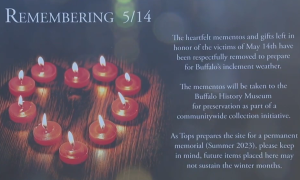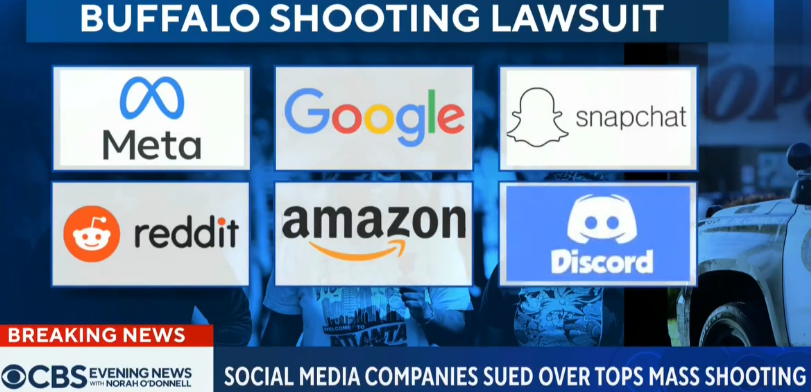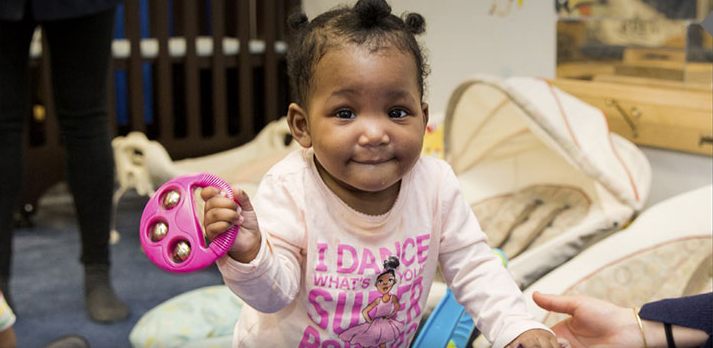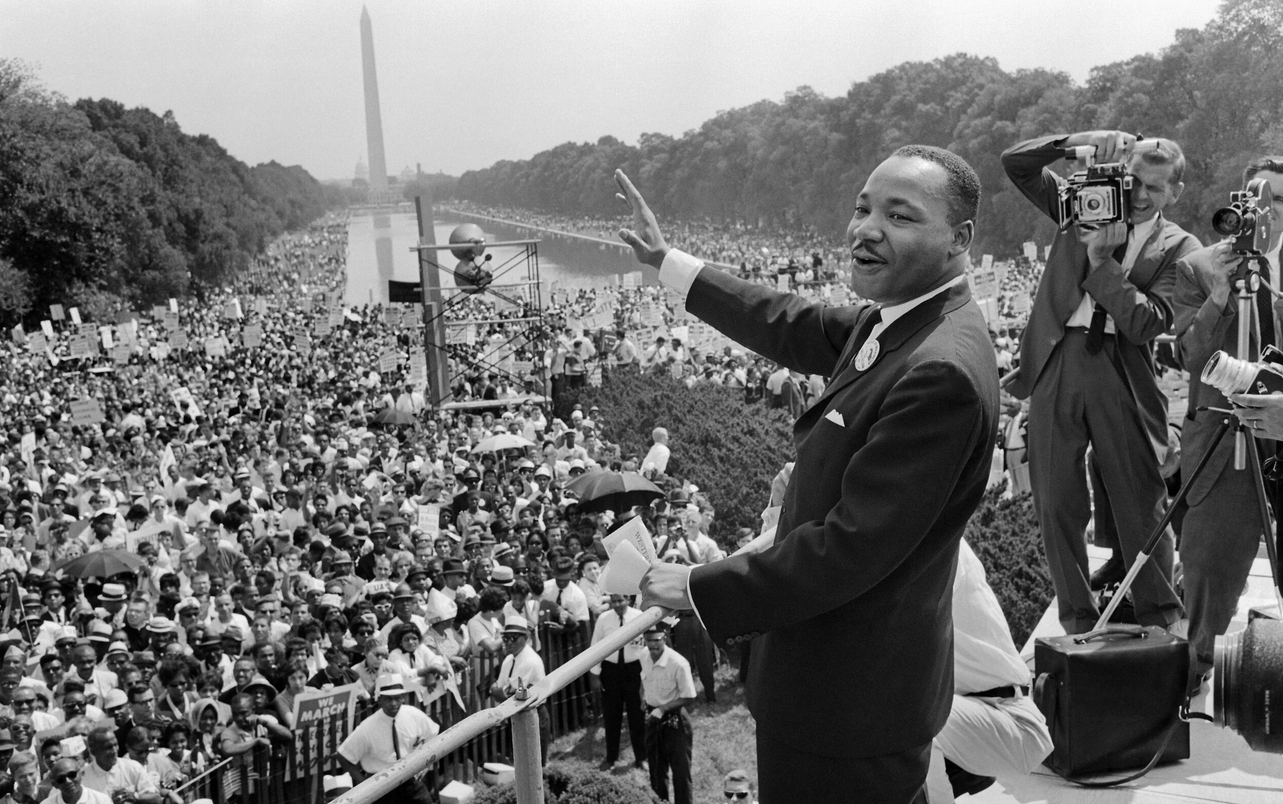By Free Press
Photos: YouTube Screenshots\Facebook
WASHINGTON — On Monday, a New York state judge denied a motion to dismiss a lawsuit against several social-media companies that alleges that platforms including 4Chan, Facebook, Reddit and YouTube helped incite a gunman who killed 10 people in an anti-Black attack at a grocery store in Buffalo, New York, in 2022.

The judge ruled that the plaintiffs, who are relatives of some of those murdered in the attack, may proceed with their lawsuit, which claims that social-media companies “profit from the racist, antisemitic, and violent material displayed on their platforms to maximize user engagement.”
The complaint cites, as an example, time the gunman spent on viewing material about the racist Great Replacement Theory on these platforms. Free Press has repeatedly warned social-media companies that hosting and promoting content related to the Great Replacement Theory — a far-right, white-supremacist conspiracy theory that people of color are being brought to the United States to replace white voters and exact a political agenda — is leading to political violence in real life. Free Press has urged platforms to restrict access to this content or to, at a minimum, stop promoting it.
The social-media company defendants have argued that they are shielded from liability under Section 230 of the Communications Act, 47 U.S.C. § 230. The plaintiffs acknowledge these statutory protections and instead argue that the platforms’ own products — not the third-party information from content providers they host — are defective and drove the gunman to commit his acts of violence. The judge has allowed the case to proceed to the merits of the product-liability claim.
Free Press Reparative Journalism Program Manager Diamond Hardiman said:
“We are pleased to see this case proceed and we demand accountability for the lives lost due to the prolific promotion of racist content online.
“From the Tulsa Race Massacre in 1921 to the Buffalo shooting a little over a hundred years later, our media system has long failed to account for the harms their practices inflict on Black lives. The Buffalo shooting was a horrific, racially motivated act, inspired by the gunman’s time on social-media platforms like 4Chan, Facebook and Reddit. His online radicalization, as the plaintiffs in this case allege, spun up his desire to act.
“We extend our deepest care and solidarity to the victims’ families, and hope these steps toward accountability provide some solace. And we call on all platforms to undertake processes for long-range redress and repair of the harms they are inflicting on our society. It’s urgent for these companies to take measures to address their products’ role in the perpetuation of racial violence.”
Free Press Co-CEO Jessica J. González said:
“Allowing this case to proceed is a major step toward reining in harmful social-media practices that lead to real-world violence. For too long, social-media companies have evaded accountability for, in the court’s words, ‘negligently, defectively and harmfully designed products that drive users’ to materials that may incite violence.
“Free Press believes that Section 230 plays an important role in protecting social-media companies’ ability to moderate content or take down third-party content that violates their terms of service. These are the First Amendment rights of those companies. However, we also believe that tech companies can and should be held liable when they knowingly continue to distribute content and have knowledge of the harms it causes. This case is an opportunity to test how we can hold platforms accountable for the role they play in inciting violence.”
Background: Free Press Action has long fought for preserving the core tenets of free expression through Section 230 of the Communications Act. The organization filed a brief for the U.S. Supreme Court and testified before Congress about the need to preserve Section 230. Free Press also fights for media reparations through its Media 2070 project. And the organization advances innovative legal claims to develop winning arguments, including in the Vargas v. Facebook ruling, that platforms are responsible for their own conduct that results in algorithmic discrimination.









